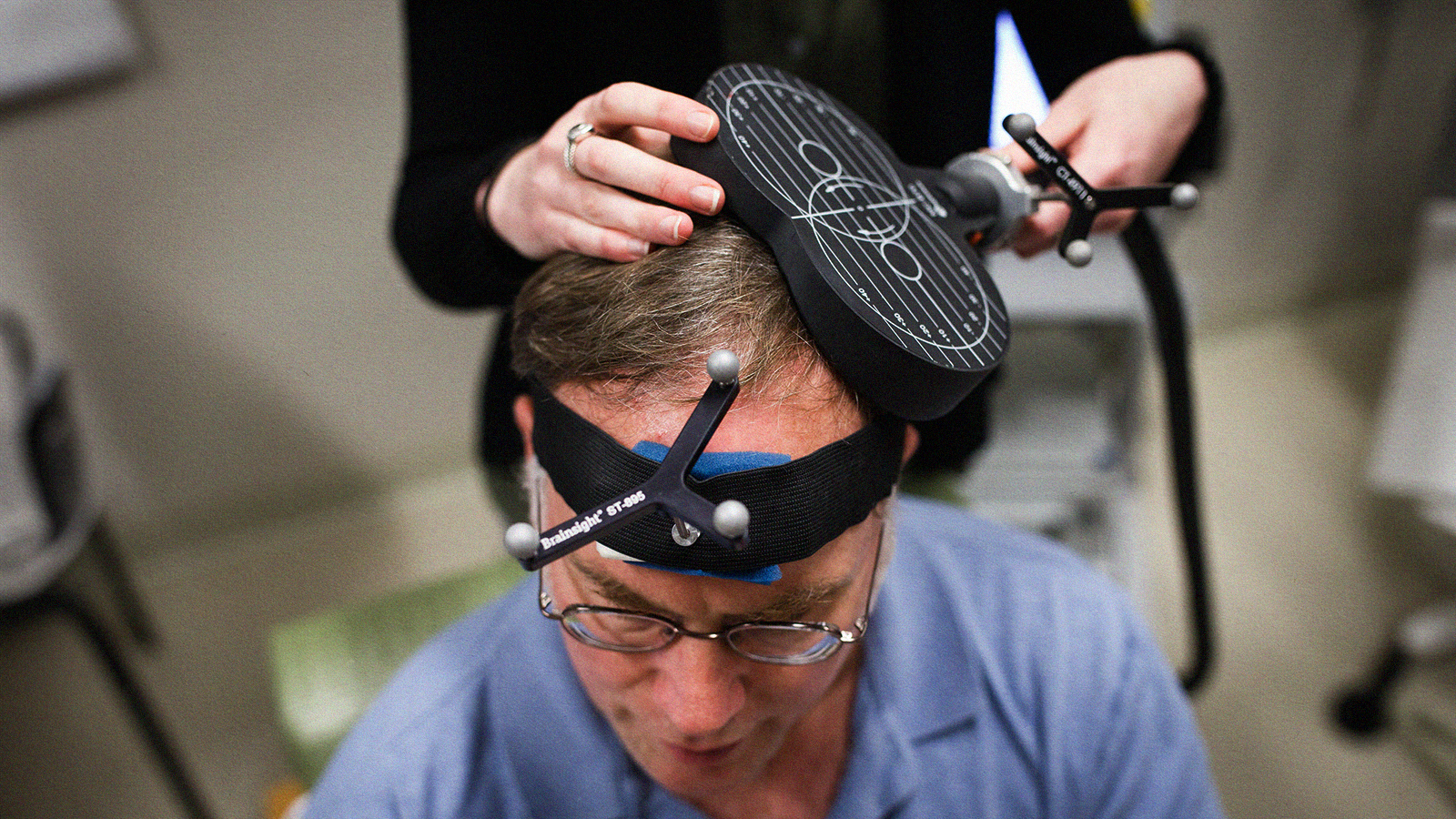Attention is a crucial aspect of the human experience, as it allows us to think, feel, and connect with others. However, attention can be fragile and vulnerable, and it can be disrupted by stress, threat, negative mood, and other factors.
The world today often feels like a volatile, uncertain, complex, and ambiguous (VUCA) environment, and attention is also constantly being hijacked by the “attention economy,” as well as the tendency to mentally time travel to the past or future.
Neuroscientist Amishi Jha has studied the brain’s attention system and found that mindfulness meditation can help to strengthen attention and improve psychological well-being. By training the brain to focus on the present moment, individuals can become more resilient to the challenges that can disrupt attention and improve their overall mental health.
AMISHI JHA: Where is your attention right now? The human brain's attention system is actually the success story of what makes us unique as human beings. Because attention fuels our ability to think, to feel, and connect, what we pay attention to is our life. For a long time, through our evolutionary history, the brain started to suffer from a very big problem which is that there's far more information out in the environment than could be fully processed.
Attention ended up becoming a very useful solution because it allows us to prioritize information, but there are qualities of the human experience that disable attention. Given how powerful attention is, we need to really respect where we place this precious brain resource. The mind is no different than the body. The mind needs to be exercised daily to optimize our psychological well-being. Knowing this, I became very interested in understanding if we might be able to train attention.
My name is Amishi Jha. I'm a neuroscientist and professor at the University of Miami, and the author of the book "Peak Mind: Find Your Focus, Own Your Attention, Invest 12 Minutes a Day."
The brain's attention system is incredibly powerful. There's three big ways we use attention as a fuel for having success in our daily activities. We use our attention to actually 'Think'- during thinking there's an idea that comes to mind, and then we hyperlink it to other ideas. That's what thought actually is, and the glue between those hyperlinks is attention. But it's not only used for the purposes of what we might call cognitive functioning, we also use our attention to 'Feel.' Think about the last time you actually had a joyful moment in your lives. If you weren't paying attention to it, chances are you missed it.
You didn't get the benefit of the positive emotional response. Finally, the third area is 'Connecting'- our social interactions with other people. Without devoting attention, we don't experience care and we can't extend care. In fact, you might say that paying attention to another person is our highest form of love. But while attention is so incredibly powerful, it's fragile and vulnerable. The three biggies that we've learned about in my labs are: Stress Threat or Negative Mood. Maybe you could even say they're like kryptonite for attention. But we all know you can't live a life without experiencing stress, threat, or negative mood. A lot of our work with high-performing groups describe this feeling of not having full access to their attention when they need it most. So what are those circumstances?
There's a shorthand that we can use to think about this. The term is VUCA: Volatile, Uncertain, Complex, Ambiguous. The world today feels like it's a constant VUCA environment, but there's another challenge that our attention faces, and why many of us feel like we're in an attentional crisis. Frankly, the brain was designed to be lured by, for our evolutionary success and survival, certain kinds of information; threatening information novel information, self-related information, and even things that are fun and enticing. I'm talking about the 'Attention Economy.' Everything is being done by teams of engineers to actually capture your attention and keep it there; your attention is the product. Finally, the mind can be hijacked away by something called 'Mental Time Travel.' That means that our attention is not in the present moment, so when we're thinking about the past, our attention is fully in the past, same thing with the future. About 50% of our waking moments, we aren't in the present moment.
Now, that may seem very disempowering, like, 'How are we ever gonna fight that fight?' But, the good news is that decades of research in my own lab and many others has now given us a solution- mindfulness training, something that's been around for millennia. We can train our brain so that we do not need to fight. What we know is that when people practice mindfulness meditation, which is attending to the present moment, their attention is stronger. 12 minutes or more a day can cultivate something called 'Meta-Awareness.'
What is Meta-Awareness? It's the ability to be aware of the contents and processes of what's going on in our mind moment by moment. We're paying attention to our attention. Now, why would that awareness be beneficial? Because every time we are aware, we have more control. We can own our attention, and we have it available to us to not only enjoy the moments of our lives and feel fulfillment, but to meet the challenges and demands that we certainly will all face. Minds wander; it's a natural thing that the brain does. When our mind moves away, gently return it back- simply begin again.







